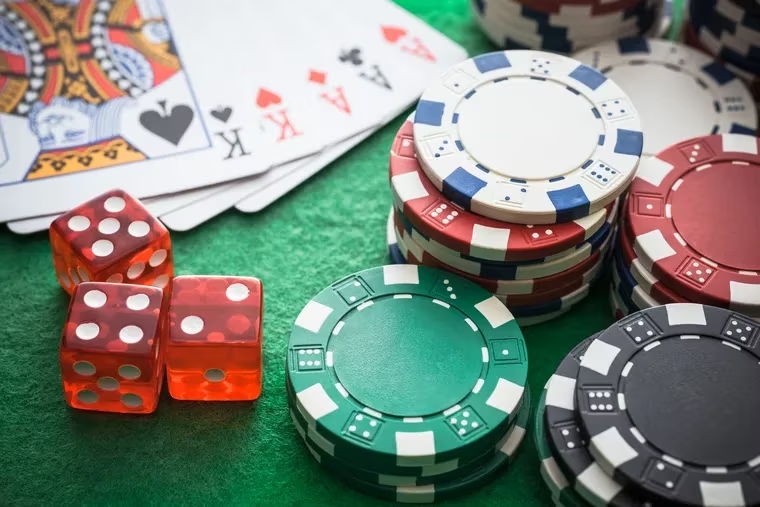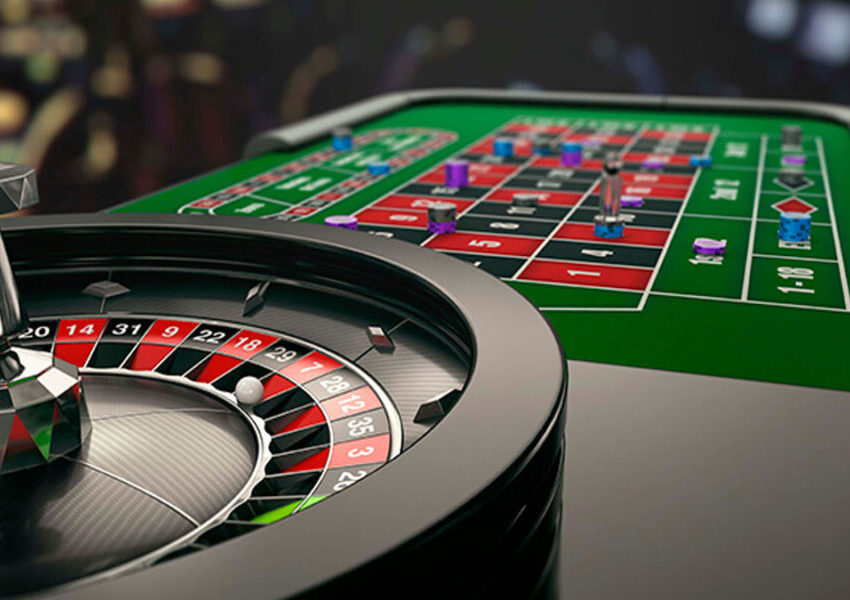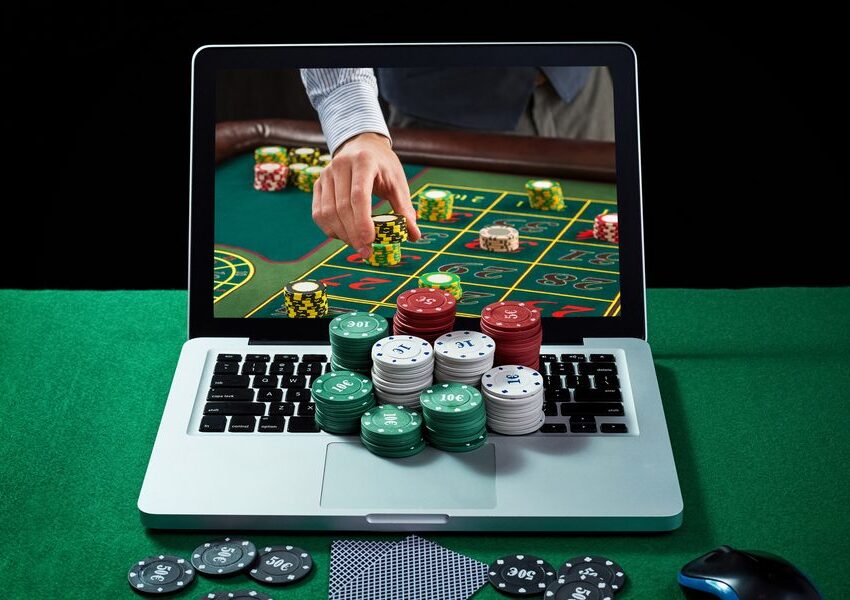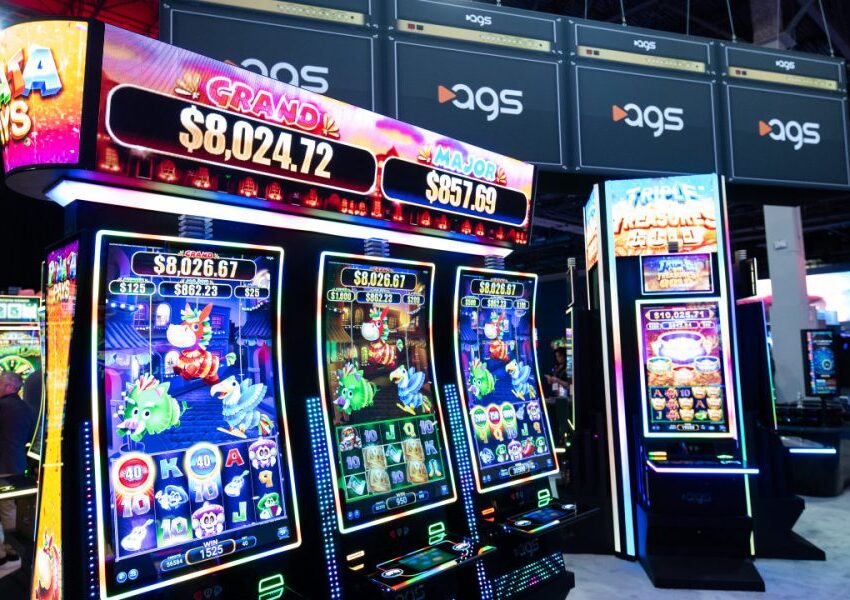Addiction to online slots shares many similarities with other forms of gambling addiction. The condition is characterized by a compulsive need to play slot machine gaming. Individuals may be unable to control their urges to play, even when it interferes with their daily life, work, or personal relationships.
The continuous nature of online slots, coupled with the ease of access and the potential for high payouts, contribute to the development of addictive behaviours. The excitement of bonus rounds, the thrill of winning, and the anticipation of potential rewards release dopamine, a neurotransmitter related to reward, which can strengthen addictive behaviour.
Like any other addiction, online slot addiction has a detrimental impact on an individual’s well-being. It leads to financial problems, as individuals may gamble beyond their means, chasing losses or neglecting financial responsibilities. Relationships suffer as the addiction takes priority over personal connections. The mental health of the individual may be affected, with increased stress, anxiety, depression, and even insomnia or other physical ailments.
Signs of online slot addiction
Recognizing the signs of online slot addiction is an essential first step in addressing the problem. While everyone’s experience is unique, some common indicators may suggest a person is struggling with addictive behaviours:
- Spending increasing time on online slots, often at the expense of other activities or responsibilities.
- Feeling a strong urge to play online slots, with thoughts of gambling dominating one’s thoughts and actions.
- Trying and failing to cut back or stop playing, indicating a loss of control over gaming habits.
- Chasing losses by wagering more to recoup previous losses, leading to further financial difficulties.
- Neglecting personal relationships, work commitments, or hobbies due to a preoccupation with online slots.
- Hiding gambling activities from loved ones or lying about the extent of involvement.
- Experiencing mood changes, irritability, or restlessness when attempting to reduce or stop playing.
- Using online slots as a means of escape from personal problems or negative emotions.
- Borrowing money or engaging in risky financial behaviour to fund gambling activities.
Tips for responsible gaming
- Ensure your essential expenses and financial commitments are met before considering online slot gaming. Never gamble with money you can’t afford to lose.
- Slot Bet 100 should be treated as entertainment. Approach the games with a casual, relaxed mindset, and view any wins or losses within the context of the overall entertainment experience.
- Step away from the screen to clear your mind and gain perspective. Explore other interests and hobbies to ensure a well-rounded and balanced lifestyle.
- Many casinos offer a “reality check” feature, periodically displaying a message during gameplay, reminding you of the time elapsed and potential financial impact. Turn on this feature to help you understand your gaming habits.
- Online casinos often provide tools for restricting site access for a specified period. Use these tools if you feel you need a more extended break from gambling.
Prevention and management strategies
- Foster diverse interests – Ensure your life includes various hobbies that bring joy and fulfilment. By diversifying your interests, you reduce the risk of becoming overly dependent on online slots for entertainment or escape.
- Practice mindfulness – Knowing your thoughts, emotions, and triggers can help identify potential problems early on. Remember how you feel when you gamble, and be mindful of negative thoughts or impulsive behaviours.
- Maintain social connections – Nurture your relationships and social network. Staying connected with loved ones when needed helps mitigate the risk of addiction that often arises from social isolation.
If you feel your gaming habits are becoming unmanageable or are impacting your life negatively, seek professional support. A qualified therapist or counsellor can help you identify and address the underlying causes of addiction.







